Introduction
Proper nutrition plays a crucial role in any weight loss journey. Understanding the impact of nutrition on our bodies can help us make informed choices to achieve our desired weight. By assessing our current diet, setting realistic weight loss goals, and incorporating the right macronutrients and micronutrients, we can embark on a successful and sustainable weight loss journey.
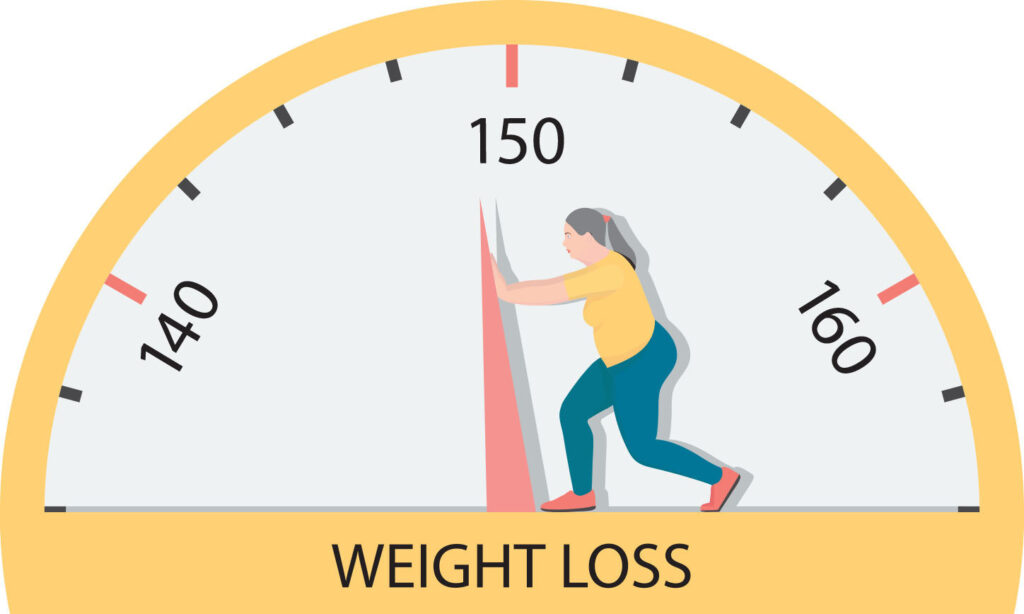
Assessing Your Current Diet
To start the weight loss journey, it is important to evaluate our current eating habits. By honestly assessing our diet, you can identify areas that need improvement. Are you consuming too many processed foods or sugary drinks? Do you tend to overeat or skip meals? Identifying these patterns can serve as a starting point for making positive changes.
- Evaluate your portion sizes
- Note the frequency of processed foods
- Reflect on your snacking habits
Setting Realistic Weight Loss Goals
Setting achievable weight loss goals is vital for long-term success. Determining a healthy weight range is important to avoid unrealistic expectations. By calculating a safe and achievable weight loss goal, you can build momentum and stay motivated throughout your journey.
Macronutrients for Weight Loss
Understanding the role of macronutrients in our bodies is crucial for effective weight loss. Proteins, carbohydrates, and fats all serve unique purposes, and finding the right balance is key.
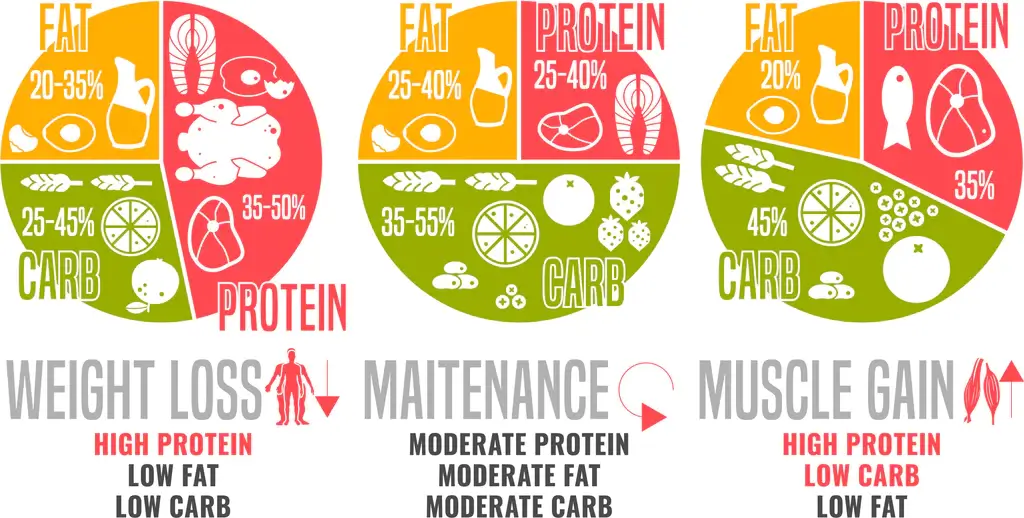
Proteins
Proteins are the building blocks of your muscles and play a crucial role in weight loss. Consuming sufficient protein helps you feel fuller for longer, reduces cravings, and supports muscle growth.
- Include lean protein sources such as chicken, fish, and tofu in your meals
- Aim to consume a sufficient amount of protein with each meal
Carbohydrates
Carbohydrates are a primary source of energy for your body. However, not all carbohydrates are created equal. Choosing complex carbohydrates, such as whole grains and vegetables, over-refined sugars helps stabilize blood sugar levels and provides sustained energy.
- Opt for whole grain products like brown rice and whole wheat bread
- Prioritize consuming carbohydrates from fruits and vegetables instead of sugary snacks
Fats
Contrary to popular belief, not all fats are bad for us. Healthy fats, such as those found in avocados and nuts, are essential for our bodies and can aid in weight loss. They provide satiety, support nutrient absorption, and help regulate hormones.
- Incorporate healthy fats into your meals, such as olive oil or avocado
- Limit consumption of saturated and trans fats found in fried and processed foods
Micronutrients for Weight Loss
In addition to macronutrients, micronutrients play a crucial role in our weight loss journey. Essential vitamins and minerals support our overall health and contribute to successful weight management.
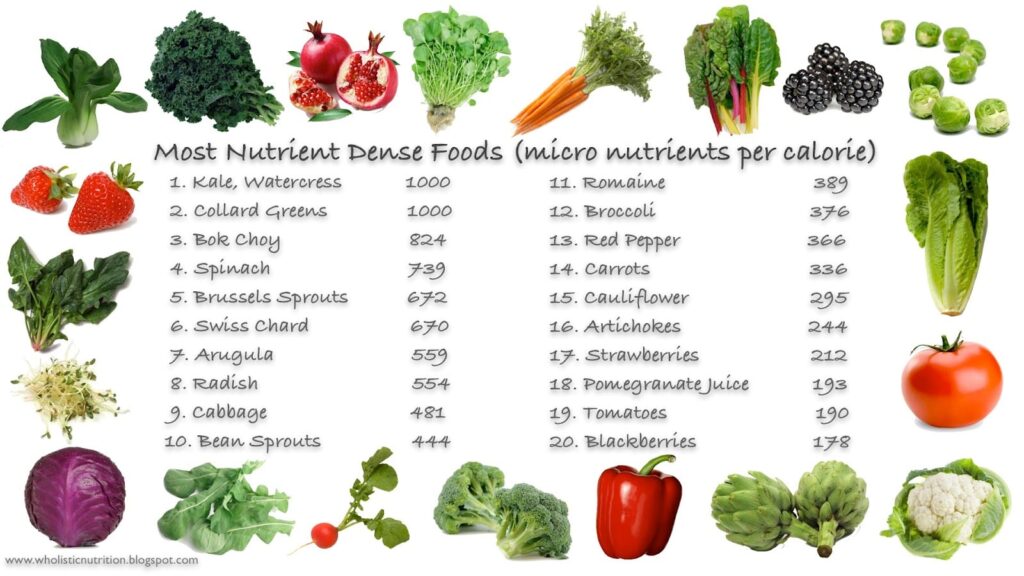
Essential Vitamins
Vitamins, such as vitamin C and vitamin D, play a vital role in various bodily functions, including metabolism and immune health. Ensuring an adequate intake of vitamins through a balanced diet or supplementation can optimize weight loss efforts.
- Include vitamin-rich foods like citrus fruits and leafy greens in your diet
- Consider a daily multivitamin to fill any nutritional gaps
Vital Minerals
Minerals like iron and magnesium are essential for maintaining proper bodily functions. These micronutrients help with energy production, muscle recovery, and metabolic regulation, aiding in weight loss.
- Consume foods high in iron, such as lean meats and dark leafy greens
- Choose magnesium-rich foods like almonds and whole grains
Understanding Calories
Calories play a significant role in weight loss. Understanding the concept of caloric intake versus expenditure is key to creating an effective weight loss plan.
Caloric Intake
Caloric intake refers to the number of calories consumed through food and beverages. Knowing and managing your daily caloric needs is vital for weight loss. Consuming fewer calories than you burn can lead to a calorie deficit, resulting in weight loss.
- Calculate your basal metabolic rate (BMR) using an online calculator
- Adjust your caloric intake based on your weight loss goals
Caloric Expenditure
Caloric expenditure refers to the number of calories burned through physical activity and daily bodily functions. Regular exercise and an active lifestyle can increase caloric expenditure, contributing to weight loss.
- Engage in activities like walking, jogging, or cycling to burn calories
- Incorporate strength training exercises to build lean muscle mass and boost metabolism
Creating a Well-Balanced Meal Plan
A well-balanced meal plan is essential for sustainable weight loss. By planning our meals around macronutrients and portion sizes, we can ensure a diverse and nutritious diet that supports our weight loss goals.
- Include a variety of lean proteins, whole grains, fruits, vegetables, and healthy fats in your meals
- Portion control is key – use measuring cups or your hand to estimate appropriate serving sizes
Mindful Eating for Weight Loss
Developing an awareness of hunger and fullness cues is vital for successful weight loss. By practicing mindful eating techniques, we can foster a healthier relationship with food and avoid overeating.
Awareness of Hunger and Fullness Cues
Paying attention to our body’s hunger and fullness signals enables us to eat in response to our body’s needs, rather than emotional triggers or external cues.
- Eat when you’re physically hungry, rather than out of boredom or stress
- Stop eating when you feel comfortably full, rather than stuffing yourself
Mindful Eating Techniques
Practicing mindfulness while eating can enhance our enjoyment of food and prevent overindulgence. Slow down, savor every bite, and fully engage your senses to cultivate a mindful eating experience.
- Chew your food thoroughly and savor the flavors
- Put away distractions like phones or TV to focus solely on the meal
Hydration and Weight Loss
Water is often overlooked in the weight loss journey, but its importance cannot be stressed enough. Staying properly hydrated supports overall health and can aid in weight loss efforts.

Importance of Water
Water plays a vital role in digestion, and metabolism, and helps us feel full. Drinking an adequate amount of water throughout the day can help manage appetite, prevent overeating, and support optimal bodily functions.
- Aim to drink at least 8 cups (64 ounces) of water daily
- Hydrate before, during, and after exercise to replenish fluids lost through sweat
Tips for Staying Hydrated
Forming habits that promote hydration is key to maintaining adequate water intake throughout the day.
- Carry a refillable water bottle with you at all times
- Flavor water with natural infusions like lemon or cucumber to make it more enticing
Nutritional Supplements and Weight Loss
Nutritional supplements can be a topic of debate in the weight loss community. While they are not a magic solution, understanding their role and discussing the pros and cons can help make an informed decision.

Role of Supplements
Supplements, such as protein powders or multivitamins, can aid in meeting nutritional needs, especially when certain nutrients are lacking in our diet. They can provide convenience and additional support during the weight loss journey.
- Consult with a healthcare professional or registered dietitian to identify which supplements align with your specific needs
- Remember that supplements should complement a healthy diet, not replace it
Pros and Cons of Popular Supplements
It’s important to be cautious when considering popular weight loss supplements. While some can provide benefits, others may have potential risks or side effects.
- Research and understand the scientific evidence behind claims made by supplement manufacturers
- Be aware of potential interactions with medications or health conditions
The Impact of Exercise on Weight Loss
Exercise and nutrition go hand in hand when it comes to weight loss. Understanding the relationship between exercise and weight loss is crucial for designing an effective exercise routine.
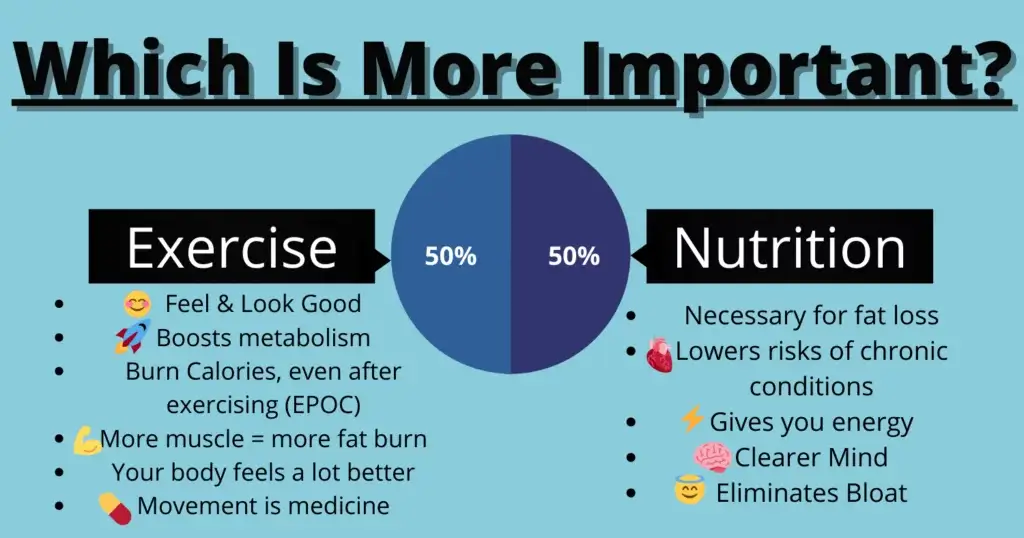
Relationship between Exercise and Weight Loss
Regular exercise has numerous benefits beyond weight loss, including improved cardiovascular health and increased muscle tone. When combined with proper nutrition, exercise can enhance the calorie deficit and promote fat loss.
- Aim for a combination of cardiovascular exercise, strength training, and flexibility exercises
- Find activities you enjoy to stay motivated and make exercise a sustainable habit
Meal Prepping and Weight Loss
Meal prepping is a powerful tool to support weight loss goals. By planning and preparing meals in advance, we can ensure a healthy and time-efficient approach to nutrition.
Benefits of Meal Prepping
Meal prepping saves time and helps avoid impulse food choices. It allows us to control portion sizes, ensure balanced meals, and minimize unhealthy snacking options.
- Set aside time each week to plan your meals and create a grocery list
- Prepare and portion your meals in advance to have healthy options readily available
Tips for Effective and Time-Efficient Meal-Prepping
Maximize the benefits of meal prepping with these practical tips:
- Choose recipes that can be easily batch-cooked and reheated
- Invest in quality food storage containers to keep your meals fresh
Eating Out and Weight Loss
Social gatherings and dining out can present challenges when trying to lose weight. However, with mindful choices and strategizing, it is possible to stay on track without sacrificing enjoyment.
Making Healthy Choices at Restaurants and Social Gatherings
Navigating restaurant menus and social events can be overwhelming, but there are strategies to make healthier choices:
- Look for menu items that are grilled, baked, or steamed instead of fried
- Opt for vegetables, whole grains, and lean proteins as your main choices
Strategies for Mindful Eating in Social Settings
Being mindful in social situations can help us avoid overeating and make more conscious choices:
- Listen to your body’s hunger and fullness cues before reaching for more food
- Engage in conversation and enjoy the company, rather than focusing solely on the food
Addressing Emotional Eating
Emotional eating is a common challenge in weight loss journeys. By identifying triggers and developing healthy coping mechanisms, we can overcome emotional eating and make progress.
Identifying Emotional Eating Triggers
Recognizing the triggers behind emotional eating is the first step toward addressing the issue:
- Keep a food journal to identify patterns or emotional triggers related to eating
- Take note of situations or emotions that lead to mindless or emotional eating
Developing Healthy Coping Mechanisms
Replacing emotional eating with healthier coping mechanisms can help break the cycle:
- Find alternative outlets for stress or emotions, such as meditation or journaling
- Engage in activities that bring joy and fulfillment, such as hobbies or exercise
Staying Motivated on Your Weight Loss Journey
Maintaining motivation throughout the weight loss journey is crucial for long-term success. Celebrating milestones, staying committed, and overcoming setbacks are essential parts of the process.
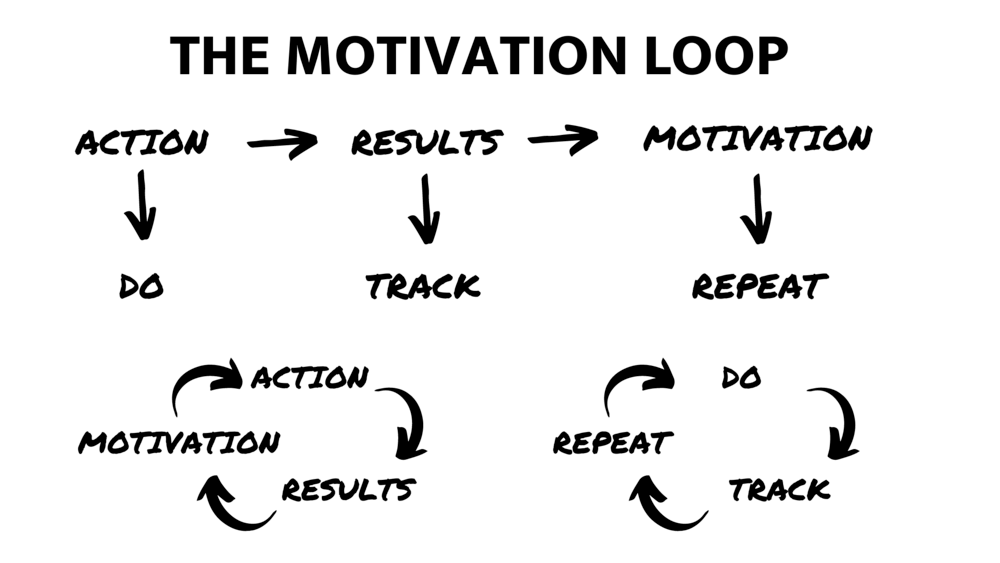
Celebrating Milestones and Progress
Acknowledge and reward yourself for achieving milestones, whether they are reaching a certain weight or consistently following your meal plan:
- Treat yourself to non-food rewards, such as a massage or a new workout outfit
- Reflect on your achievements and the positive changes you have made
Overcoming Setbacks and Staying Committed
Setbacks are normal on any journey, but the key is to stay committed and bounce back:
- Learn from setbacks and use them as opportunities for growth
- Surround yourself with a support system that encourages and motivates you
Maintaining Weight Loss
Maintaining weight loss is a lifelong journey that requires the incorporation of healthy habits into your daily lives.
Strategies for Successful Weight Maintenance
Implementing these strategies can help you maintain weight loss and prevent weight regain:
- Continue practicing mindful eating habits, even after reaching your goal weight
- Regularly monitor your weight and make adjustments to your nutrition and exercise routine as needed
Incorporating Healthy Habits for the Long Term
Making long-term changes to maintain weight loss is crucial. Rather than viewing it as a temporary diet, it’s important to adopt a permanent healthy lifestyle:
- Focus on including a variety of nutrient-dense foods in your daily meals
- Prioritize regular physical activity and find enjoyable ways to stay active
Summary and Key Takeaways
Understanding the importance of nutrition in weight loss is foundational. From assessing our current diet to setting realistic goals, balancing macronutrients and micronutrients, and practicing mindful eating, these key takeaways summarize the essential knowledge for successful weight loss.
- Proper nutrition is vital for weight loss success
- Set realistic weight loss goals and track your progress regularly
- Balance proteins, carbohydrates, and fats to optimize your weight loss efforts
- Ensure adequate intake of essential vitamins and minerals
- Understand and manage your caloric intake and expenditure
- Create a well-balanced meal plan that includes a variety of nutrient-dense foods
- Develop awareness of hunger and fullness cues through mindful eating practices
- Stay hydrated and consider the role of water in weight loss
- Make informed decisions about nutritional supplements, if needed
- Incorporate exercise into your weight loss journey for optimal results
- Plan and prep meals in advance for time-efficient and healthy choices
- Navigate eating out and social gatherings with mindful choices
- Address emotional eating by identifying triggers and developing healthy coping mechanisms
- Stay motivated by celebrating milestones and overcoming setbacks
- Focus on long-term weight maintenance by incorporating healthy habits into your lifestyle
FAQs (Frequently Asked Questions)
What are some common misconceptions about nutrition and weight loss?
There are several common misconceptions when it comes to nutrition and weight loss. Here are a few:
- Myth: Carbohydrates should be eliminated for weight loss.
- Myth: Fat-free products are always the healthier option.
- Myth: Skipping meals will help shed pounds faster.
Is it necessary to count calories to achieve weight loss?
While counting calories can be helpful for some individuals, it is not necessary for everyone. Paying attention to portion sizes and making mindful food choices based on hunger and fullness cues can also lead to weight loss.
How can I manage cravings and avoid binge eating?
Managing cravings and avoiding binge eating can be challenging, but these strategies can help:
- Practice mindful eating techniques and fully savor your food
- Keep nutritious snacks readily available to satisfy cravings
- Distract yourself with activities or hobbies when cravings strike
Conclusion
Armed with the right information, nutrition can be a powerful tool in achieving successful weight loss. By evaluating our current diet, setting realistic goals, balancing macronutrients and micronutrients, understanding calories, practicing mindful eating, and incorporating healthy habits, we can embark on a journey towards a healthier and happier self. Remember, everyone’s weight loss journey is unique, so it’s crucial to customize your approach to achieve optimal results. Begin your journey today, armed with the knowledge and determination to succeed.








